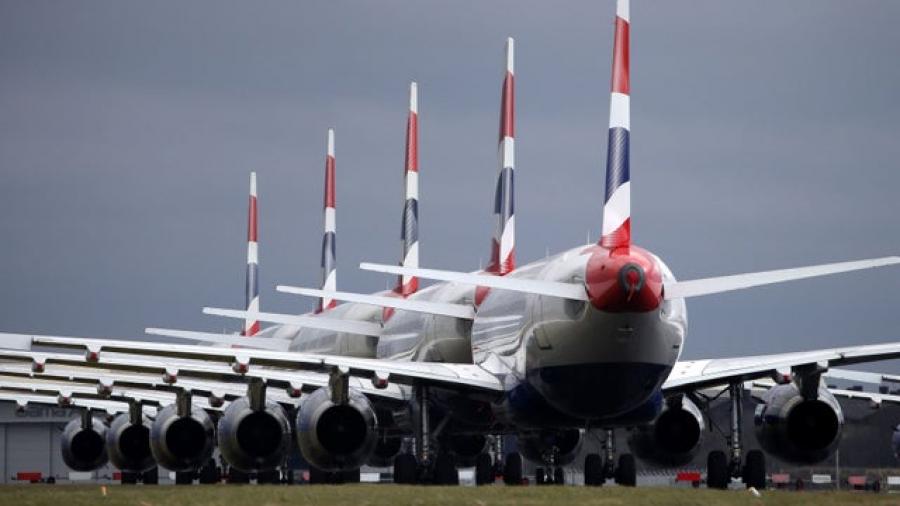Robert Courts
PPS to the Secretary of State, Department for Transport
April 2nd, 2020
Dear Robert,
I'm writing to you with regard to the government's response to the impact of the coronavirus crisis on the aviation sector: firstly, to urge you to take action to help some of my constituents who work in the sector and who are being treated badly by their employers, Easyjet; and secondly, on the need for robust social and environmental conditions for any support that the government may be considering for the aviation industry. I appreciate that the government has recently said that it will not agree to industry’s full demands for a bailout and hope that does not mean action to immediately support workers will not be forthcoming.
I trust you are working with trade unions and others to afford adequate protections to the employees in this vast global industry and will do what you can to ensure they do not lose out disproportionately as a result of the impact of the pandemic on their employers.
My second point is regarding the crucial need for conditions to be attached to any support offered to the aviation industry over the coming weeks or months. I urge you to ensure that any government assistance requires the interests of workers first and full compatibility with the UK’s climate change commitments.
Specifically, the government should make any financial rescue package for airlines conditional on the proposals put forward jointly by two leading thinktanks – Commonwealth and IPPR. These are as follows:
- No lay-offs: protecting airline employees by taking full advantage of furloughing under the Coronavirus Job Retention Scheme
- Fairer pay and governance structures: including a minimum of one-third of workers on the board; maximum pay ratios between the highest-paid and median employees of bailed-out companies at an initial ratio of 10:1; the introduction of the real Living Wage; and an independently accredited hourly wage level including contracted staff.
- Securing tax justice: the effective taxation rate of many companies in the sector is strikingly low. This must change. Companies should be required to commit to Fair Tax Mark accreditation and pursue responsible tax practices more broadly.
- Prioritise decarbonisation not dividend payouts: the UK Government should require any company in which it has a stake to prioritise investment in decarbonising technologies, improving the quality of service, and increasing wages and conditions for employees, rather than the current focus on distributing retained earnings to shareholders in the form of dividends or share buybacks. This must be accompanied by rational planning of aviation so it accords with the government's commitment to limiting warming to within 1.5 degrees.
- Retain the public stake for the long-term so we all have a share: any bailouts should be structured as cash for equity. This stake should not be sold off post-crisis but instead held as a form of enduring public wealth. If the companies rise in value, the public will benefit from their investment today with a windfall in future, as well as exercising shareholder rights. The critical question is who controls the company and who has a claim on its surplus. It is common sense to organise it to serve the public good, anchored in a new public stake.
I hope that officials in your department are already considering these proposals in full. If the UK government is serious about its climate goals, action over the coming weeks and months must put us on track to a sustainable economy – not a return to business as usual, especially for high carbon sectors such as aviation.
These are testing times for all sections of the economy and I hope DfT will recognise the importance of taking a long term perspective on decision making. As scientists warned earlier this month, the UN’s latest assessment of the global climate in 2019 highlights a “threat that is greater to our species than any known virus – we must not be diverted from the urgency of tackling it by reducing our greenhouse gas emissions to zero as soon as possible.” The government must drive a step-change in the sector's contribution to fighting climate change: rejecting false solutions such as offsetting and fully embracing the principles of ‘just transition’ put forward by the trade union movement and others, so that jobs are protected and workers come first.
Thank you in advance for your attention to the immediate priorities of my constituents in particular, alongside the wider climate challenge that cannot be ignored in economic and financial responses to the impacts of coronavirus. I look forward to your response.
Best wishes, Caroline




Join The Discussion